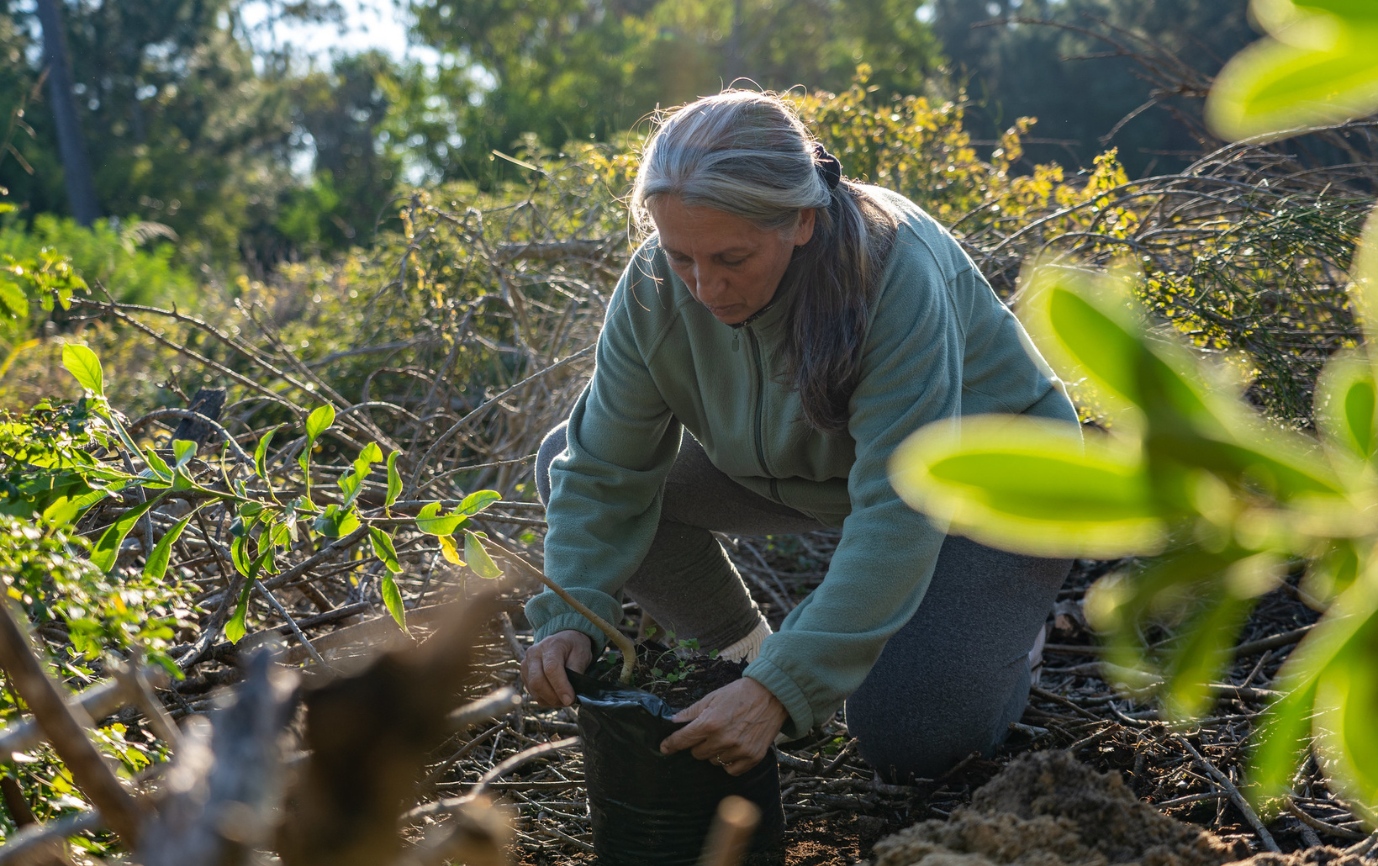
It is well known that vastly scaled up finance is needed to accelerate climate action and realize the full emissions reduction potential of forests. According to the recent Forest Declaration Assessment report, up to 200 times the current level of finance is needed to halt or reverse deforestation by 2030. Taking stock of commitments made last year, the publication ‘Making good on the Glasgow Climate Pact’ just released by the UN-REDD Programme and Green Gigaton Challenge partners, estimates that current public and private commitments are just 24% of the amount required to reach the interim milestone of one gigaton of high-integrity emission reductions from forests by 2025.
While the availability of finance is critical, sound delivery also matters.
The need for significantly greater investments in climate action is undeniable, and emerging initiatives such as the Global Forest Finance Pledge point in the right direction. However, there is also a need for transformational change in how climate finance is allocated, disbursed, and effectively implemented, so that the resources needed are available rapidly for climate action on the ground.
How can this challenge be addressed?
In the case of ‘Results-based Payments for REDD+’, UNDP has successfully supported the governments of Brazil, Costa Rica, Ecuador, and Indonesia to access forest-sector climate finance worth US$ 320 million. UNDP, as an accredited agency to the GCF, is supporting the implementation of REDD+ results-based payments in these countries. About a third of this portfolio is dedicated to existing payment for environmental services (PES) and community forest management programs that channel international climate finance resources to local actors on the ground: forest communities and Indigenous Peoples, in particular.
How is this different from conventional approaches to development assistance?
Recognizing the challenge of delivering rapidly and at scale, UNDP is using innovative instruments like UNDP´s “Performance-based Payment” (PBP) modality, which provides funds upon the achievement of pre-agreed, measurable, and independently verified development results, enabling fast disbursement of relatively high volumes of finance. For example, after nine months of project initiation, this approach provided the basis for UNDP to transfer $23.9 million to Costa Rica for verified pre-agreed results. More generally, these payments are supporting implementation of National REDD+ Strategy climate mitigation measures, in line with the above countries´ National Determined Contributions (NDCs). These measures include, for example: i) creating incentives for sub-national governments to protect local conservation areas; ii) rewarding firefighters for effective forest fire prevention; iii) supporting the improvement of national PES programmes; and iv) financing social forestry and habitat restoration programmes.
How can social inclusion be secured under this approach?
By delivering payments in exchange for verified development results, performance-based payments create a unique opportunity to employ bottom-up, participatory approaches to inclusively define development results and deliver finance to Indigenous Peoples and local communities through the design of fit-for-purpose performance indicators. For example, in Ecuador and Costa Rica, existing PES programmes are being supported to deliver part of this finance directly to Indigenous communities. This innovative model is also being applied to support social forestry and habitat restoration in Indonesia. Meanwhile, in Brazil, Indigenous Peoples and remote communities are the target beneficiaries of new incentives programmes like Floresta+, which dedicates a specific financing window to this purpose. These examples not only show innovation in the use of instruments to channel resources, but also in the way the priorities are set by the local stakeholders, including through their own planning instruments, demonstrating a solid bottom-up and inclusive approach.
To learn more about the concrete cases from the forerunner experiences in Brazil, Costa Rica, Ecuador, and Indonesia, register to participate virtually in a side event at UNFCCC COP 27 in Sharm el Sheikh, Egypt (14 November 2022 at 14:30 EET).
Additional resources:
Photo story: Costa Rica: A green economic model on the banks of the Sarapiqui River
Video: First-year evaluation Costa Rica REDD+ Results-based Payments Project
Video: A paradigm shift in Costa Rica: Performance-based Payments
